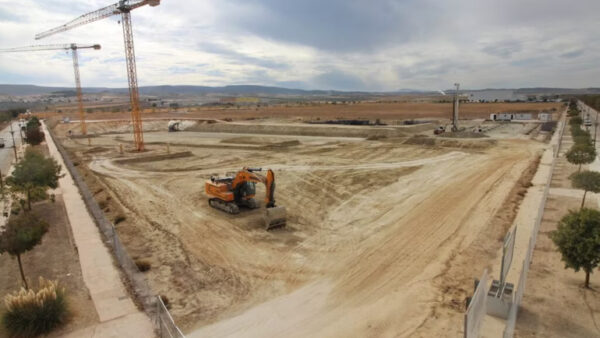Hyperloop Transportation Technologies (HTT), one of the two companies racing to commercialise the ultra-fast Hyperloop pod-and-tube system, will build a 3,000 sq m research and development centre in the southern French city of Toulouse.
The Los Angeles-based company said it chose the city because it is a centre of aviation and aerospace research, being the global headquarters of Airbus Industries, and that a quarter of all European space industry jobs are there.
At the press conference called in Toulouse to announce the decision, Bibop Gresta, the chairman of HTT, said: “People describe us as the biggest start-up on the planet. We don’t see it like that. We are the biggest attempt that humanity has made to put together the best minds to solve together the problem of transportation.”
The HTT centre will be located at Francazal Airport, a former military base about a 15-minute drive southwest of Toulouse. The area is being redeveloped into a high-tech industrial estate for small companies working on drones, robotics and autonomous vehicles. HTT will the Francazal’s anchor tenant, and officials are hoping that it will attract other small firms.
The centre will have a 1km-long test track, and HTT will have 50 people working there. The company expects that about $40m will be invested into this research centre over the next five years.
HTT has more than 800 people working with it in 38 countries. It has $100m in total investment, although only $32m of that is in actual money – it says it has another $26m worth of payment-deferred person-hours and services, and land rights that are valued at more than $22m.
Up until now, its main European project has been Bratislava, Slovakia, which is it hoping to use as a hub for the development of a system running between that city, Vienna and Budapest.
Other companies in the race to set up Hyperloop systems are Hyperloop One, HTT’s Californian rival, and Canadian start-up TransPod.
Image: Hyperloop pods will travel at 1,200km/h – if all goes to plan (HTT)
Further reading:






